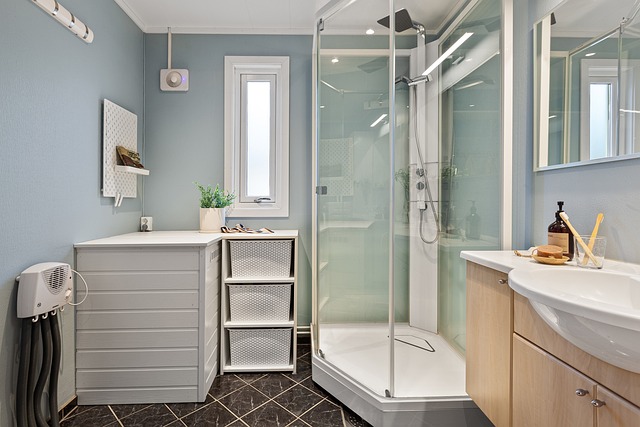Cost Comparison: Resealing Your Shower vs. Replacing It
If you’re facing leaks in your shower, you may be weighing the options of resealing versus replacing it altogether. Both options have pros and cons, and your decision will largely depend on the extent of the damage, your budget, and your personal preferences. In this article, we’ll explore the cost comparison between resealing and replacing your shower to help you make an informed decision.
Resealing Your Shower
 Resealing is the process of reapplying a watertight sealant around the edges of your shower to prevent leaks. This is typically a more affordable option as it requires less labor and materials than a complete replacement. On average, the cost of resealing shower range from $100 to $400. The cost will depend on the size of your shower and the type of sealant used.
Resealing is the process of reapplying a watertight sealant around the edges of your shower to prevent leaks. This is typically a more affordable option as it requires less labor and materials than a complete replacement. On average, the cost of resealing shower range from $100 to $400. The cost will depend on the size of your shower and the type of sealant used.
One of the most significant benefits of resealing is that it’s a quick and easy fix that can be accomplished in several hours. This means you won’t have to go without a shower for an extended period, which is often the case with a total replacement. Additionally, resealing your shower can also help extend its lifespan, providing an additional layer of protection against leaks and damage.
However, there are also some downsides to resealing. One of the most highlighted drawbacks is that it’s only a temporary fix and will eventually need reapplied. Over time, the sealant can deteriorate and become less effective, leading to leaks and damage. Additionally, if the damage to your shower is extensive, more than resealing may be needed to repair the issue thoroughly, and a complete replacement may still be necessary.
Replacing Your Shower
Replacing your shower involves removing the old shower and installing a brand-new one. The cost of a total shower replacement will depend on the size of your shower, the type of material used, and the labor cost. On average, a complete shower replacement ranges from $1,500 to $5,000.
One of the most significant benefits of replacing your shower is that it provides a long-term solution to any leaks or damage. A new shower will be watertight and should last for many years without any issues. Additionally, replacing your shower allows you to update the look and style of your bathroom, which can be a great way to add property value.
However, there are also some downsides to replacing your shower. The biggest drawback is the cost, which can be much higher than resealing. Replacing your shower can also be time-consuming and disruptive, as you’ll likely need to go without a shower for several days or even longer.
Final Thoughts
In conclusion, deciding between resealing and replacing your shower will largely depend on the extent of the damage, your budget, and your personal preferences. Resealing is a more affordable and quicker option, but it’s only a temporary fix and will eventually need to be reapplied. On the other hand, replacing your shower provides a long-term solution and allows you to update the look of your bathroom, but it’s more expensive and time-consuming. Before making a decision, it’s essential to have a professional inspect the damage to your shower and provide a cost estimate for both options.
For an affordable cost of resealing a shower in Australia, visit https://eliteshowersolutions.com.au/.
